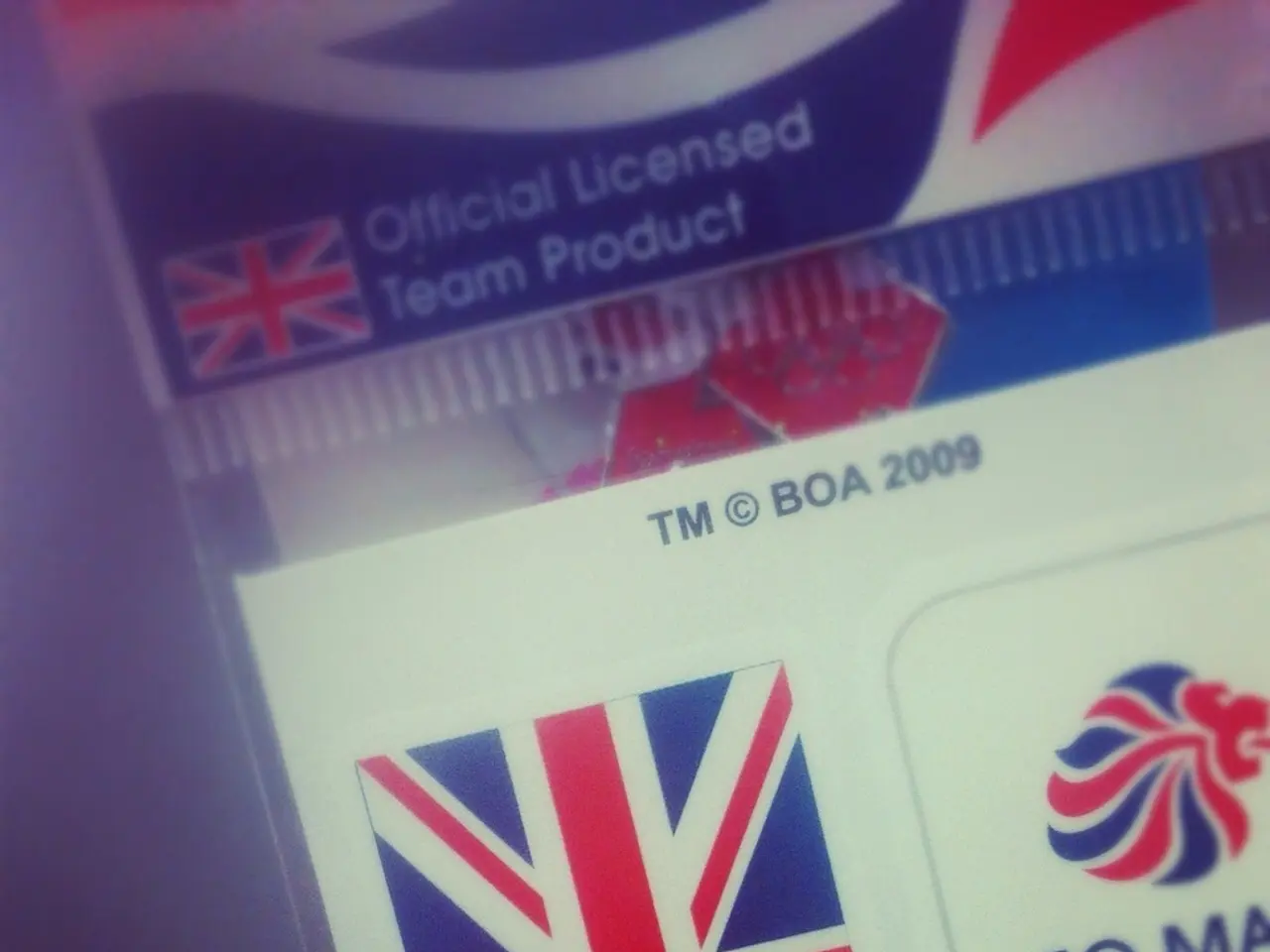Venture Capital Fund Regulation in Europe: a Comprehensive Look
In the wake of Brexit, the landscape for European Venture Capital Funds (EuVECA) has undergone significant changes, particularly for UK-based managers. Under the Alternative Investment Fund Managers Directive (2011/61/EU), only full-scope AIFMs can use a marketing passport to market their funds across the EU, a privilege that sub-threshold AIFMs, including many EuVECA managers, have lost.
Post-Brexit, UK AIFMs can no longer rely on the EU marketing passport for cross-border marketing into the EU and must comply with separate, and often more fragmented, national rules for each EU country where they seek to market their funds. This has led to increased complexity, compliance costs, and regulatory uncertainty for UK EuVECA managers.
One key point of impact is the loss of the EU passport. UK-based EuVECA managers can no longer use the EU-wide EuVECA marketing passport, as this passport is contingent on EU membership or being within the EU regulatory framework. As a result, UK managers face more complex national registration and marketing regimes to distribute their funds across EU member states.
Another implication is the divergence between the UK's regime for Alternative Investment Funds, including venture capital funds, and the EU's AIFMD and EuVECA rules. Notably, the UK does not implement recent EU AIFMD reforms or EuVECA changes introduced since Brexit.
However, some transitional arrangements applied post-Brexit, like the UK Temporary Permissions Regime, enabled EU funds to continue marketing in the UK temporarily. For UK managers and EuVECA funds targeting the EU, there is no equivalent ongoing passport access.
To maintain EU market access, many UK-based fund managers have set up entities within the EU or Gibraltar, which still benefit from passporting rights. This multiplies operating costs and complexity for UK-origin funds seeking EU investors.
In practice, Brexit has created a significant obstacle for UK-based EuVECA managers seeking to raise capital and market funds across the EU, pushing them to either establish a presence within the EU or face a fragmented, less efficient marketing landscape.
In response to these challenges, the UK has introduced new investment vehicles and policies aimed at encouraging institutional investment in local unlisted assets and venture-type funds, signaling a shift toward strengthening domestic venture capital fund infrastructure rather than EU integration in this area.
Helen Parsonage and Rachael Clayden, partners and senior associate at international legal practice Sturgeon Ventures LLP, recently updated clients and prospective clients on the benefits of The European Venture Capital Fund Regulation and BREXIT. An alternative to registering as a EuVECA manager is for the fund sponsor to work with a third-party AIFM that already has this designation, such as Sturgeon Ventures.
References:
- Invest Europe
- EuVECA Regulation
- AIFMD
- UK Financial Conduct Authority
- HM Treasury
Under the revised circumstances, UK-based EuVECA managers can no longer easily fundraise within the EU due to the loss of the EU marketing passport and the need to comply with complicated, country-specific marketing rules instead. In response, some UK fund managers are establishing entities within the EU to maintain access to the EU market and take advantage of passporting rights, causing increased expansion costs and complexity.




